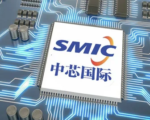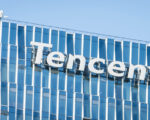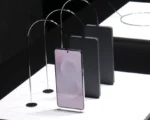Google is reportedly preparing to partner with MediaTek to develop the next generation of its AI chips, Tensor Processing Units (TPUs), which are expected to be produced next year. According to a report by The Information, this collaboration will allow Google to diversify its AI chip development efforts, with MediaTek playing a key role in the new iteration of its cutting-edge technology. Despite this new partnership, Google has not severed its long-standing relationship with Broadcom, a chip designer that has been working exclusively with the tech giant on AI chips for several years.
The decision to team up with MediaTek does not signal the end of Google’s collaboration with Broadcom. According to sources familiar with the matter, Google is continuing to work with Broadcom on its existing chip technologies. As a result, the company appears to be taking a dual approach to AI chip development, utilizing the expertise of both MediaTek and Broadcom to create chips that will enhance its cloud offerings and internal capabilities.
Google has also made significant strides in designing its own AI server chips, which it uses for internal research and development, as well as offering them to cloud customers. This approach, which mirrors that of competitors like Nvidia, gives Google a competitive edge in the rapidly growing AI market. By reducing its reliance on Nvidia chips, which have seen surging demand from companies like Microsoft-backed OpenAI and Meta Platforms, Google is positioning itself to better compete in the evolving AI space.
In late 2024, Google introduced its sixth-generation TPU, aimed at providing both internal and cloud-based alternatives to Nvidia’s chips, which remain the industry’s most sought-after processors. This move signifies Google’s commitment to offering powerful AI solutions that are not only competitive with Nvidia but also provide more options for cloud customers who are increasingly turning to AI-driven technologies. With the upcoming collaboration with MediaTek, Google is taking a step toward solidifying its position in the AI hardware landscape.

















